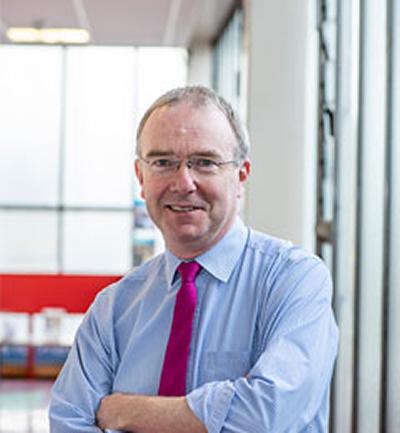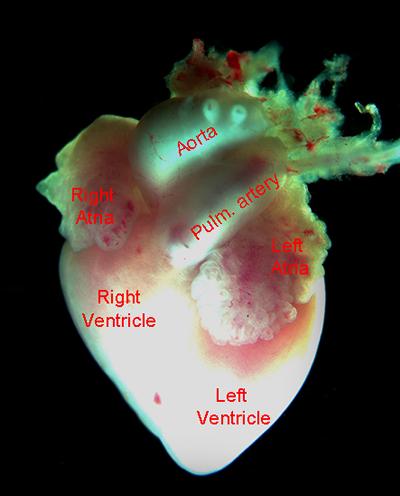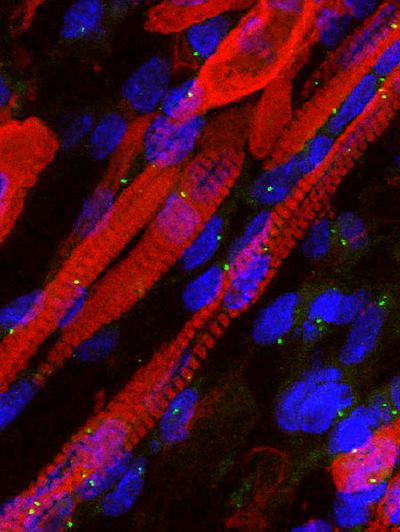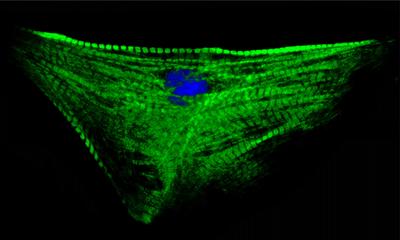Emeritus Professor David Wilson BA, MBBS, PhD
Professor of Human Developmental Genetics

- Related links
Professor David Wilson is an Emeritus Professor of Human Developmental Genetics within Medicine at the University of Southampton.
Professor Wilson was appointed to the Chair of Human Developmental Genetics in 2000. He completed general professional training in internal medicine and paediatrics before specialist training in Clinical Genetics.
His PhD, that included a period of time in the University of Amsterdam, investigated DiGeorge Syndrome and helped identify the significance of 22q11 deletions and define the phenotype. This established an interest in human embryonic development and in particular cardiogenesis.
Professor Wilson leads a group that investigates human embryonic development: current projects include the genetic basis for congenital heart disease, cardiac progenitor stem cells and the role of ALMS1 in the pathogenesis of the Alstroms syndrome phenotype.
In Southampton, he has been Divisional Director of Human Genetics, Deputy Director of Research (Faculty of Medicine) and co-founded the Centre for Human Development, Stem Cells and Regeneration. He helped establish the University of Southampton 4 year Integrated PhD programme in Stem Cells and is currently Associate Director of Internationalisation (Faculty of Medicine).
Qualifications
BA, Physiology, University of Oxford 1981
MB.BS, Medicine and Surgery, University of Newcastle, 1984
PhD, University of Newcastle, 1995
Appointments held
MRC Clinician Scientist, University of Newcastle, 1994-1998
Senior Lecturer, Medical Genetics, University of Newcastle, 1998-2000
Professor of Human Developmental Genetics, University of Southampton. 2000- present


